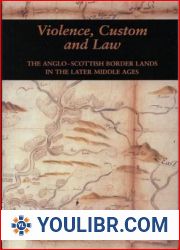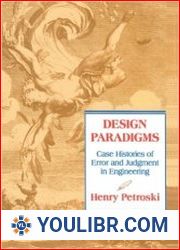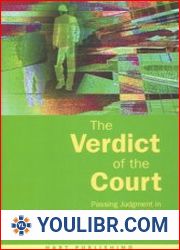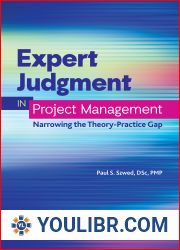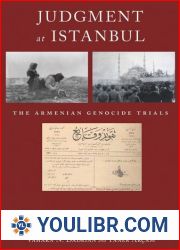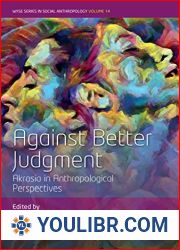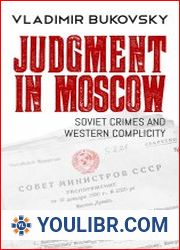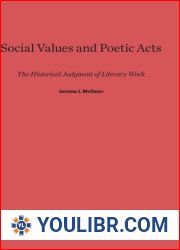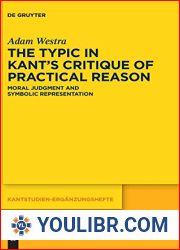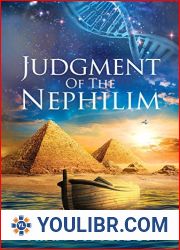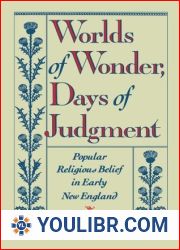
BOOKS - The Road to Judgment: From Custom to Court in Medieval Ireland and Wales (The...

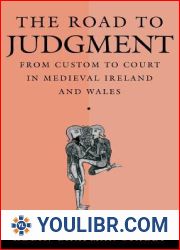
US $8.80

383338

383338
The Road to Judgment: From Custom to Court in Medieval Ireland and Wales (The Middle Ages Series)
Author: Robin Chapman Stacey
Year: January 1, 1994
Format: PDF
File size: PDF 19 MB
Language: English
Year: January 1, 1994
Format: PDF
File size: PDF 19 MB
Language: English
In contemporary society, the maintenance of social order relies upon the existence of a state that creates and enforces the written regulations by which its citizens live. In emerging societies like those of early medieval Europe, however, the question of order was much more complex. No powerful, impersonal entity existed to define and enforce the obligations to which individuals were subject; instead, communities looked within, to the social structures and relationships which gave them shape, to define and protect the limits of acceptable behavior. One of the most important institutions in this respect was that of personal suretyship, an office through which one man guaranteed, by virtue of his personal strength or with his liberty or property, the eventual fulfillment of a legal obligation by another. In The Road to Judgment, Robin Chapman Stacey examines the institution of personal suretyship through the remarkably rich sources extant from medieval Ireland and Wales. The nature of the Irish and Welsh texts, she argues, casts considerable light on what have traditionally been for English and continental historians some of the darker corners of early medieval. life. These tracts allow historians to reconstruct not only the rituals through which voluntary obligations were created and enforced, but also the sociological, ideological, and religious assumptions in which such arrangements were grounded. Moreover, the evidence affords us the unique opportunity to trace the passage of early legal institutions like suretyship from a world of customary law to a world of courts and rulers. The Road to Judgment is a major work of scholarship that will be of compelling interest to students and scholars of Celtic studies, medieval studies, legal history, and anthropology.









